AI
Filter by...
-

EU AI Act: Deal reached, but too soon to celebrate
On 8 December 2023, following over 36 hours of negotiations, EU lawmakers finally cinched a deal on the Artificial Intelligence Act. However, whilst some fundamental rights protections have been won, the overall Act has not lived up to its potential to put people and their rights front and center.
Read more
-

NGOs and experts warn AI Act negotiators: don’t trade our rights!
On 8 December 2023, 70 civil society groups and 34 expert individuals sent an urgent letter to the Council of EU Member States, the European Commission and the European Parliament to urge them "Do not trade away our rights!" in the final trilogue (negotiation) on the landmark Artificial Intelligence (AI) Act.
Read more
-
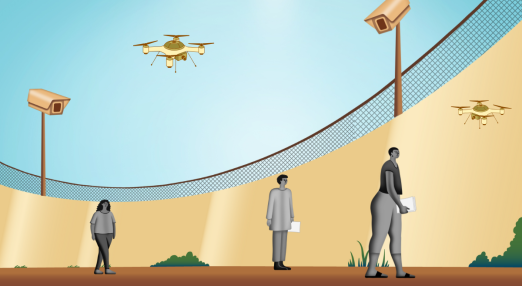
Unchecked AI will lead us to a police state
Across Europe, police, migration and security authorities are seeking to develop and use AI in increasing contexts. From the planned use of AI-based video surveillance at the 2024 Paris Olympics, to the millions of EU funds invested in AI based surveillance at Europe’s borders, AI systems are more and more part of the state surveillance infrastructure.
Read more
-

Potential loopholes in the AI Act could allow use of intrusive tech on ‘national security’ grounds
Both the European Union (EU) and the Council of Europe (COE) negotiations are considering excluding AI systems designed, developed and used for military purposes, matters of national defence and national security from the scope of their final regulatory frameworks. If this indeed happens, we will have a huge regulatory gap regarding such systems.
Read more
-

EU lawmakers must regulate the harmful use of tech by law enforcement in the AI Act
115 civil society organisations are calling on EU lawmakers to to regulate the use of AI technology for harmful and discriminatory surveillance by law enforcement, migration authorities and national security forces in the AI Act.
Read more
-
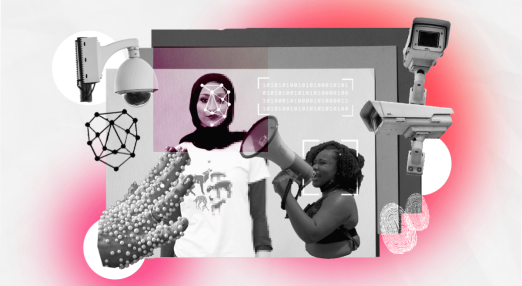
Council of Europe must not water down their human rights standards in convention on AI
In a joint statement, civil society calls for a broad scope and definition of AI systems and no blanket exemptions for AI systems for national defence/national security.
Read more
-
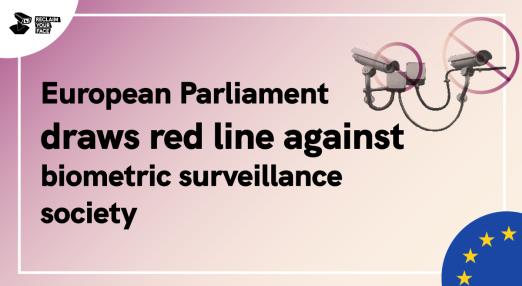
European Parliament draws red line against biometric surveillance society
On Wednesday 14 June 2023, the European Parliament voted to ban most public mass surveillance uses of biometric systems. This is the biggest achievement to date for the eighty organisations and quarter of a million people who have supported the Reclaim Your Face campaign's demand to end biometric mass surveillance (BMS) in Europe.
Read more
-

Bits of Freedom monthly update on human rights & tech: April 2023
Read through the most interesting developments at the intersection of human rights and technology from the Netherlands. This is the fourth update in this series.
Read more
-
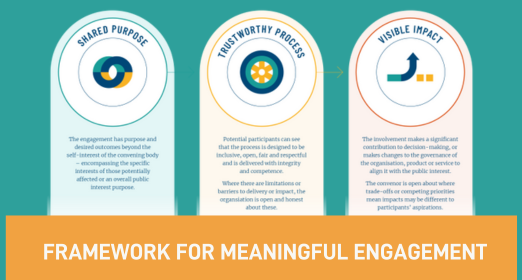
Moving from empty buzzwords to real empowerment: a framework for enabling meaningful engagement of external stakeholders in AI
The use of artificial intelligence (AI) is accelerating. So is the need to ensure that AI systems are not only effective, but also fair, non-discriminatory, transparent, rights-based, accountable, and sustainable – in short, responsible
Read more
-

Retrospective facial recognition surveillance conceals human rights abuses in plain sight
Following the burglary of a French logistics company in 2019, facial recognition technology (FRT) was used on security camera footage of the incident in an attempt to identify the perpetrators. In this case, the FRT system listed two hundred people as potential suspects. From this list, the police singled out ‘Mr H’ and charged him with the theft, despite a lack of physical evidence to connect him to the crime. The judge decided to rely on this notoriously discriminatory technology, sentencing Mr H to 18 months in prison.
Read more
-

Civil society urges European Parliament to protect people’s rights in the AI Act
In the run up to the AI Act vote in the European Parliament, civil society organisations call on the European Parliament to prioritise fundamental rights and protect people affected by artificial intelligence systems.
Read more
-
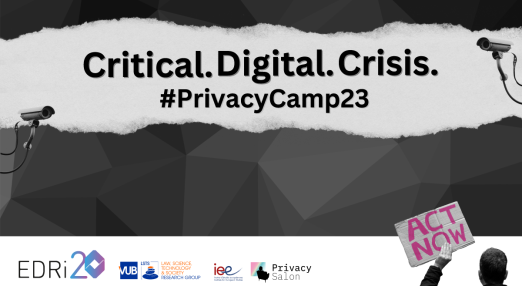
#PrivacyCamp23: Event summary
In January 2023, EDRi gathered policymakers, activists, human rights defenders, climate and social justice advocates and academics in Brussels to discuss the criticality of our digital worlds. We welcomed 200+ participants in person and enjoyed an online audience of 600+ people engaging with the event livestream videos. If you missed the event or want a reminder of what happened in a session, find the session summaries and video recordings below.
Read more
